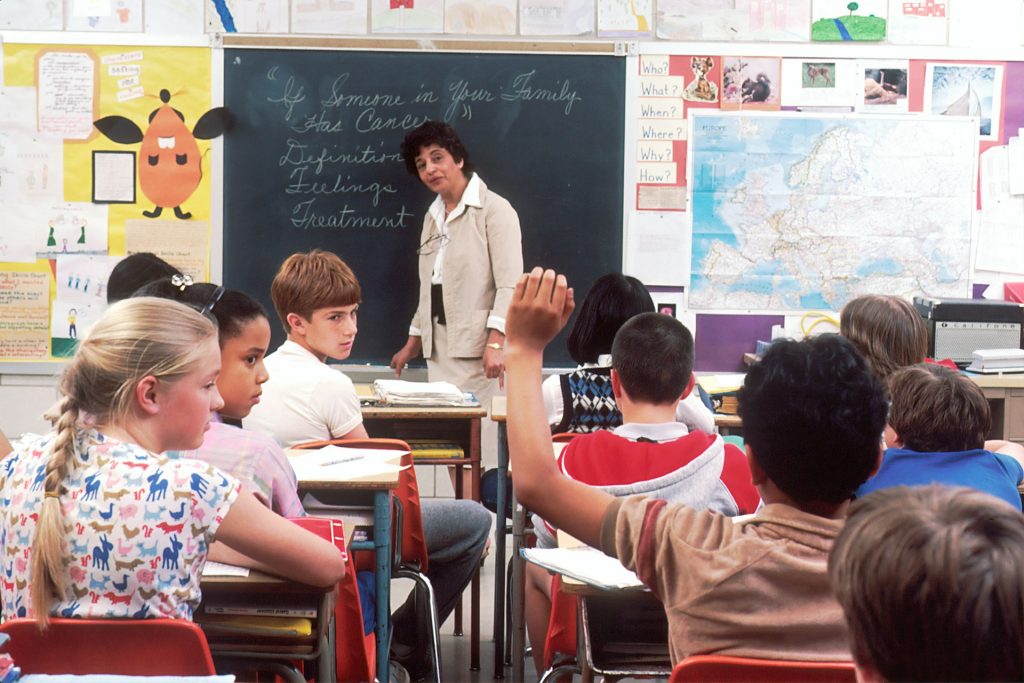Newcastle – Education or indoctrination – what is happening in UK schools?
Young people are finding it increasingly hard to express their opinions freely, both inside and outside the classroom. The Newcastle group met to discuss what is really happening in our schools.
Politics is not a new concept in schools, and debate is crucial to a student’s learning and development. In recent years however, students have lost the opportunity to express their opinions in debate, despite politics being more prevalent in schools than ever.
The topic was introduced by PiPs member Lily Osborne, who had previously addressed the group during our debate on Reform UK in November. Having completed her education only recently, Lily was able to give clear and very up-to-date insight into the UK education system based on her experiences at schools in the north east.
Lily reported that schools are routinely pushing political ideologies onto impressionable children, presenting contested theories as indisputable facts and, worse, actually punishing students who dare to question them.
An increasing amount of school time is spent on this, to the detriment of children’s education. Over a third of students failed English and maths in 2019, and three-quarters of companies report having to provide extra training in basic skills to young employees. Lily acknowledged that this has many contributing factors, but the implications of wasting valuable time that could be spent on education, especially for children from disadvantaged backgrounds, should not be underestimated.
Sowing division, fostering resentment
Promotion of ideology in the classroom sows division amongst children from a very early age. Left to themselves, nursery and primary school children would not even think about race or sex while playing and learning with their classmates. Sadly, teachers are now forcing these issues into their young lives, often in an age-inappropriate way, even telling children that they possess ‘white privilege’ or ‘toxic masculinity’.
Lily’s first high school celebrated International Women’s Day by excusing girls from lessons and allowing them to eat cake in the assembly hall while the boys worked. Teachers told the boys, who were all from poor working-class backgrounds, that this was because they had ‘male privilege’. Lily also highlighted the case of Haringey primary school, which provided extra weekend literacy classes for black children only – despite white working-class boys statistically having lower educational attainment.
Segregation and preferential treatment based on race or sex is highly likely to foster resentment in one group and a perception of victimhood in the other; it is even more damaging when it occurs from a young and impressionable age.
Shutting down debate
Discussing political ideologies in school would not be a problem if they were presented as theories and debate encouraged but, as Lily pointed out, this is not the case. She told of a teenage boy who was given an hour’s detention for criticising the Black Lives Matter organisation, and another boy given a half-hour’s detention simply for agreeing with him. A 16-year-old student who wrote an essay on illegal immigration was given a very low grade, while his parents received a phone call from his teacher claiming that discussing such topics is discriminatory against ethnic minority families.
Cancel culture has a chilling effect on free speech amongst adults; it is unconscionable that this should be practised on children whose minds and critical thinking faculties are still developing. When students see teachers shutting down free speech, Lily explained, they start to emulate this behaviour themselves.
Irreversible damage
By far the most worrying recent development, with the most devastating and irreversible potential consequences, is the promotion of transgender ideology in schools.
Lily told us that her school held ‘pride assemblies’ during which being transgender was presented as ‘something to be proud of, a good thing to be’. Children as young as 11 were pressured by classmates and teachers to think of themselves as transgender and encouraged to socially transition. The negative physical and emotional impacts of transitioning were never mentioned. Neither were statistics on suicide rates or data on de-transitioners, those who regret their decision and attempt to reverse it, only to find that they can never fully recover.
Lily herself came under pressure to transition and was only saved by her father, who took her out of the school. “I soon realised that had I transitioned, I would have ruined my life,” said Lily. “This is happening to your kids, your friends’ kids, your nephews, nieces, grandchildren.”
So what can we do?
The meeting had the highest attendance to date – a clear indication of the importance of the topic – and this excellent and eye-opening introduction led to a passionate discussion.
Lily was asked how much pushback there was from children. She said that only a few challenge authority. Some disagree but are afraid to speak out. Most just want to get on with life so they go along with the ‘correct view’.
We agreed that it is up to adults to take a stand. Parents can ask the Local Authority for a copy of the curriculum at any state school, making a Freedom of Information request if necessary. They can support the work of grassroots organisations like Safe Schools Alliance UK and Transgender Trend, and use their resources and guidance to uphold child safeguarding in schools. They can apply to become school governors or even run for public office, putting them in a position to raise awareness of the issues and build up a critical mass of parents demanding change.
Onwards!
We finished on a positive note, celebrating that the NHS had finally banned the use of puberty blockers for children, although noting that these are still allowed under clinical trials. There is a huge amount of work still to do, but progress is being made – thanks to people like Lily who have the courage to speak up.
Homework
During the evening, PiPs members made several recommendations for books and other resources on this topic, which can be found at the links below:
- Irreversible Damage by Abigail Shrier https://swiftpress.com/book/irreversible-damage/
- Against Decolonisation by Olufemi Taiwo https://www.hurstpublishers.com/book/against-decolonisation/
- Counter Wokecraft by Charles Pincourt and James Lindsay https://www.mindingthecampus.org/2021/11/26/counter-wokecraft-why-i-wrote-it-and-why-you-should-read-it/
- The Breakdown of Higher Education by John M. Ellis https://thecritic.co.uk/the-breakdown-of-higher-education/
- The coddling of the American mind by Greg Lukianoff and Jonathan Haidt https://www.thecoddling.com/the-book
- Lotus Eaters on critical theory (podcasts) https://lotuseaters.com/category/critical-based-theory
- Andrew Doyle discussing the WPATH Files on Free Speech Nation https://andrewdoyle.substack.com/p/free-speech-nation-the-wpath-files
We are growing!
We are expanding our activities via regional Politics in Pubs groups and have created a map where you can search for a group near you. If you live near Salisbury or Northampton we have members who wants to start new groups in those towns, so please let us know if this of interest.
Don’t worry if you can’t find anything nearby as you can start your own group. If you would like to be put in touch with other people interested in talking about politics, please reply to this email letting us know your location and we’ll help to get the conversation started.
We have also started to grow our network with other free speech groups who have a similar interest in open discussion and debate. If you have such a group and want to appear on our map please get in touch.

